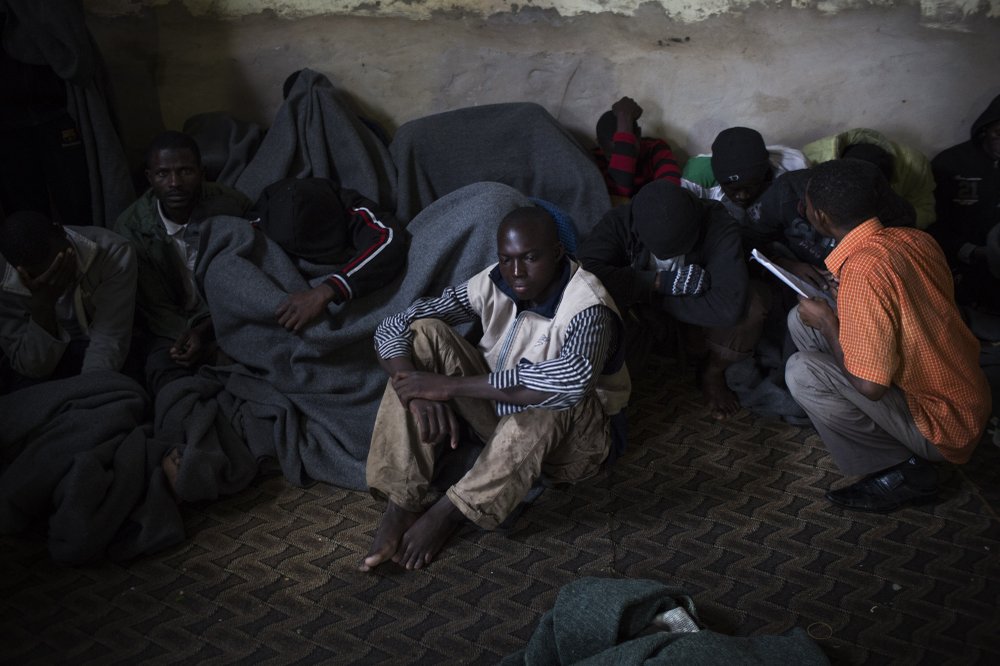Moshira Khattab, the Minister of Family and Population (MFP), signed a cooperation protocol with the International Organization for Migration (IOM) on 1 September to set up the first regional shelter in Egypt for the purpose of rehabilitating victims of human trafficking.
Human trafficking is the third-largest illegal trade in the world, following that of weapons and drugs. According to an International Labor Organization report, more than 12 million people are trafficked each year worldwide for forced labor and sexual exploitation.
Egypt is considered an exporter, transit point, and destination for victims of human trafficking. Human trafficking here takes the forms of child labor, domestic servitude, forced labor, forced marriage, the trafficking of organs, and sexual exploitation through seasonal marriages and prostitution.
Azza al-Ashmawy, the manager of the human trafficking unit at the ministry, said that the first phase of this ministry-funded project is scheduled to be completed by 15 November, 2010.
“The shelter is regional, so it is open to victims of different nationalities, not only Egyptians,” she said. Assistance will be provided to female victims subjected to any form of trafficking crimes, including sexual slavery, early marriage, and domestic servitude.
According to al-Ashmawy, rehabilitation and eventual reintegration of the victims are the project's main purposes. “Those victims are in dire need of psychosocial support in order to get over their traumas,” she said. The shelter will expand their economic opportunities by providing vocational skills training. The eduction will, “help them to be self-dependent and reintegrate more easily into society," al-Ashmawy explained.
Kristin Dadey, head of programs at the IOM's counter trafficking unit, said that assistance to victims of trafficking is a critical component of any comprehensive approach to targeting human trafficking. Dadey added that providing victims with a safe and secure environment is an important step forward in Egypt's efforts to combat trafficking.
Victims will be provided with shelter, food, and other basic necessities, as well as counseling and access to medical and legal assistance. A victim's needs will be determined on an individual basis, depending on the particulars of their experience.
This is not the first cooperation between IOM and the minister. The two have an ongoing partnership to address the issue of Egyptian unaccompanied minors immigrating to Italy and other European countries.
Among the government's several efforts to combat human trafficking is the passing of the anti-trafficking Law 64/2010. The law states that those convicted of crimes related to human trafficking will be imprisoned.
In 2007, the Child Law was amended to raise the minimum age of marriage for girls from 16 to 18. “The amendment of the Child Law aims to confront the temporary or seasonal marriage through which underage girls are exposed to sexual and economic exploitation due to their deteriorated financial circumstances,” said al-Ashmawy.
The establishment of the National Coordinating Committee for Combating and Preventing Trafficking in Persons, in 2007, is another effective tool to raise awareness of human trafficking.
Egypt has improved its ranking in the 2010 US State Department's annual human trafficking report, yet the problem lingers.



